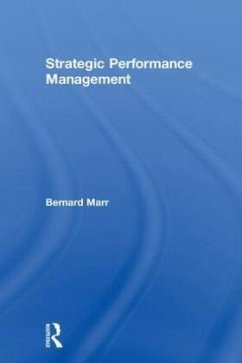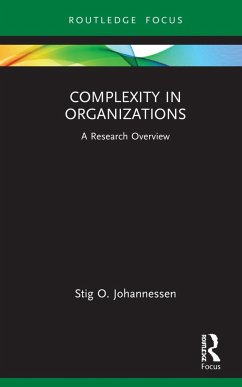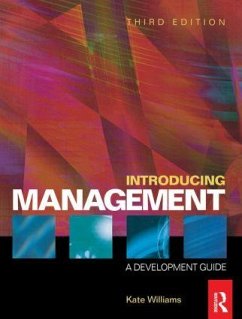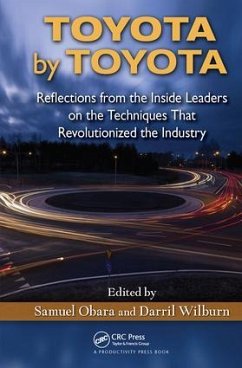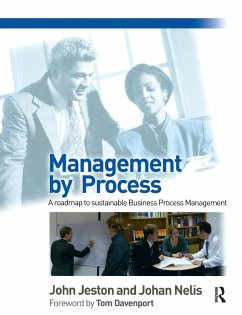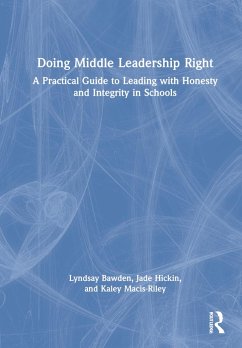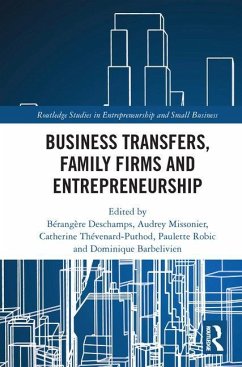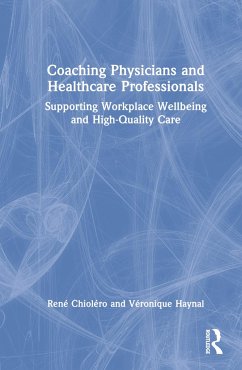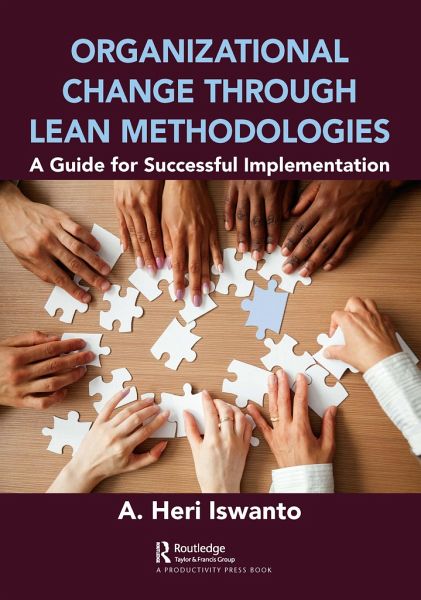
Organizational Change through Lean Methodologies
A Guide for Successful Implementation
Versandkostenfrei!
Versandfertig in 1-2 Wochen
170,99 €
inkl. MwSt.
Weitere Ausgaben:

PAYBACK Punkte
85 °P sammeln!
Lean is a type of organizational change brought about through improvement methods based on cost reduction mechanism. The assumption is that by reducing costs, the organizations can work better and more efficiently. All changes in lean-based organizations are directed at reducing these costs by identifying and eliminating waste. The thinking is that cost reduction will increase efficiency since, basically, it removes process inefficiencies and decreases cycle time. Why are targets directed at cost reduction? Because costs are a crucial factor for sustainable business organization. Lean thinking...
Lean is a type of organizational change brought about through improvement methods based on cost reduction mechanism. The assumption is that by reducing costs, the organizations can work better and more efficiently. All changes in lean-based organizations are directed at reducing these costs by identifying and eliminating waste. The thinking is that cost reduction will increase efficiency since, basically, it removes process inefficiencies and decreases cycle time. Why are targets directed at cost reduction? Because costs are a crucial factor for sustainable business organization. Lean thinking cuts the value of scale production by looking at the existing waste in a process. Production remains the same, but the costs of goods production are reduced due to the elimination of waste in the process. As a result, companies do not have to increase their production if it is not required, giving companies an increase in average profits due to lean and the elimination of identified waste. The focus on cost reduction can be included in the overall lean concept since cost wasting is only a part of the existing waste. In other words, other waste can be converted into costs or perceived as a value. This book starts the mental process of organization change through lean thinking. It provides the background and history of lean, and then gets into how the lean process works. The author also discusses why an organization should implement lean as a method to increase quality and engage workers in the process, thereby increasing efficiency and, ultimately, profitability. Through case studies and examples from Indonesia, the author describes how to create a value stream to identify waste and discusses the concept of a pull system and its impact on the process.




